Help Your Teen Master
Advanced Money Skills
Teach investing, credit, entrepreneurship, and financial decision-making.
Financial Literacy II
Expert-designed, research-backed, and ready to bring
life-changing skills into everyday learning.
Course Overview
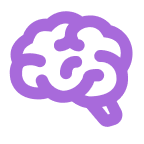 Saving & Investing
Saving & Investing
Understand saving and investing with banks, stocks, and other financial tools.
 Entrepreneurship
Entrepreneurship
Explore entrepreneurship to boost income and manage risk and rewards effectively.
 Responsible Borrowing
Responsible Borrowing
Develop habits for responsible borrowing and maintaining good credit.
 Financial Decisions
Financial Decisions
Make informed financial choices by distinguishing between needs and wants.

Course Badges
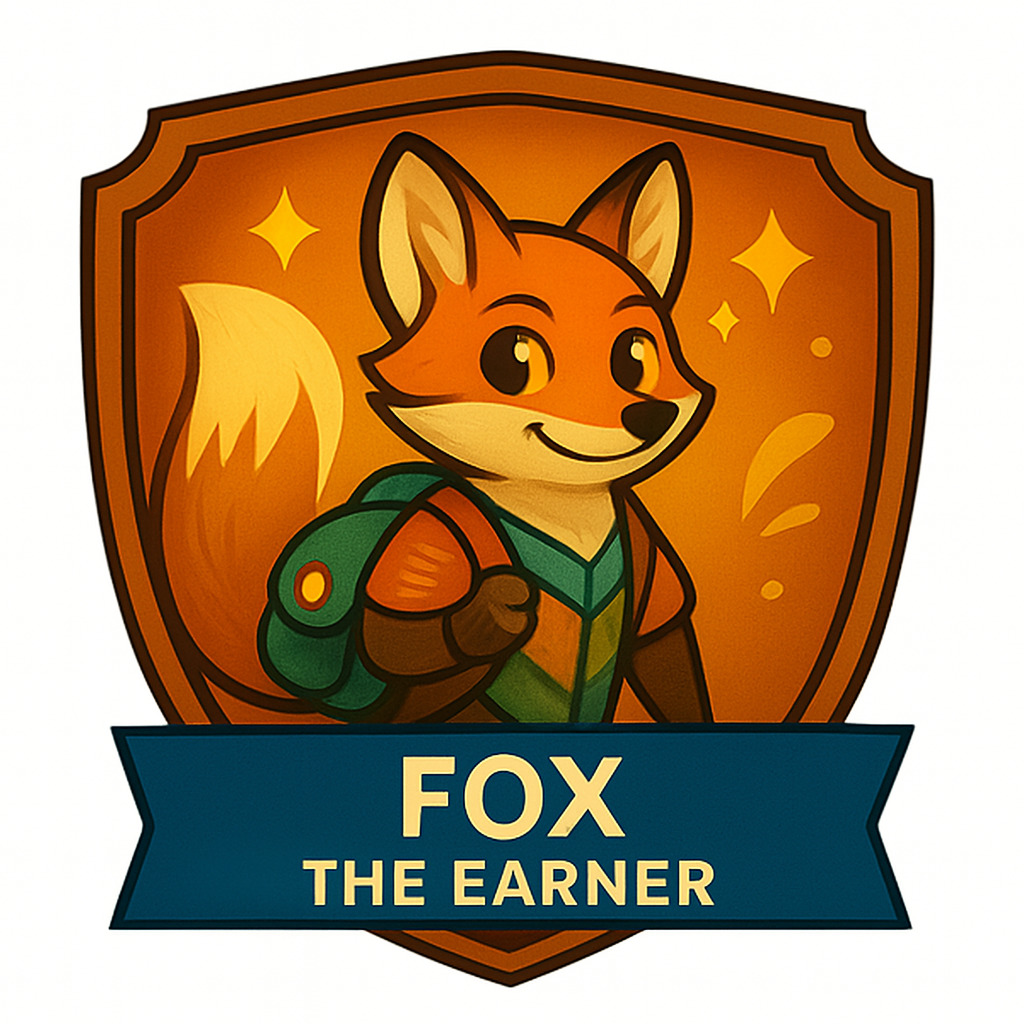
Unlocked After
Completing 1 Module
Fox – The Earner
This badge is earned by those who explore income with creativity and hustle. It’s not just about working—it's about thinking smart.

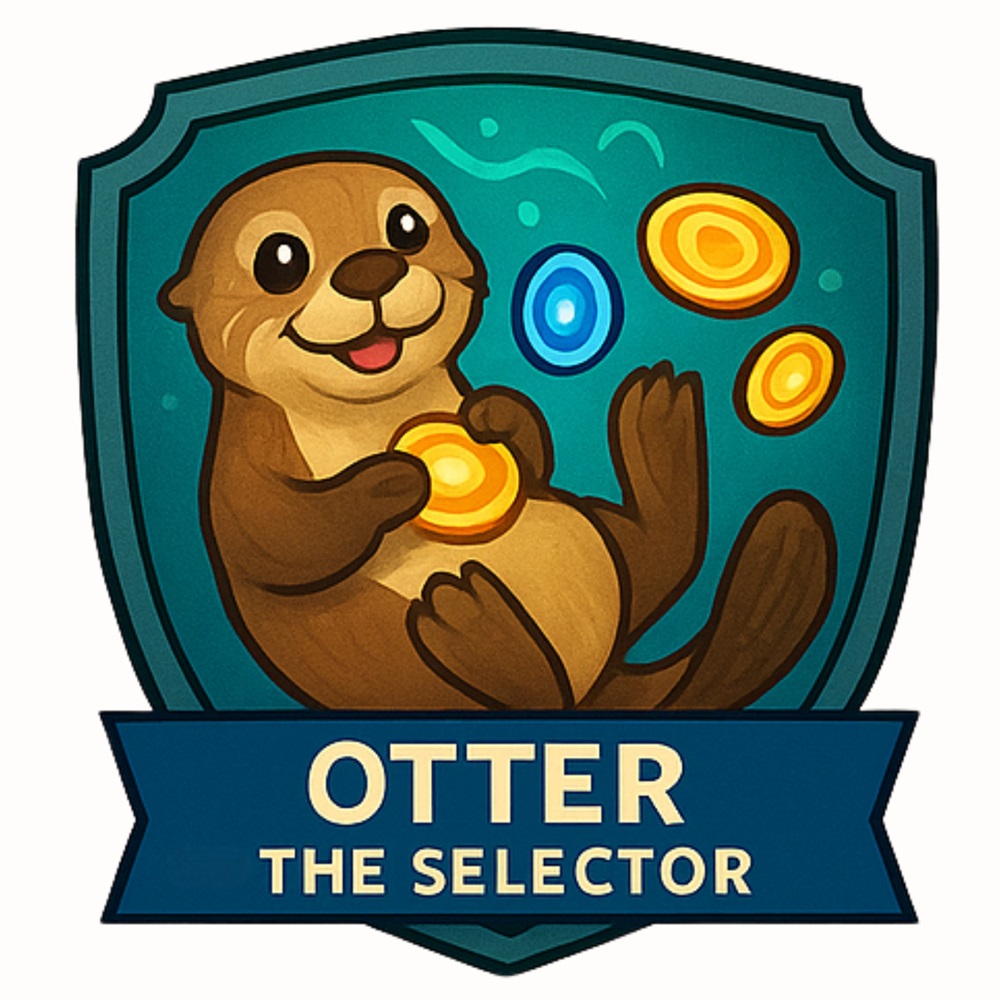
Unlocked After
Completing 2 Module
Otter – The Selector
This badge honors those who pause before they purchase. It rewards mindful shoppers who compare, reflect, and only leap when the time is right.

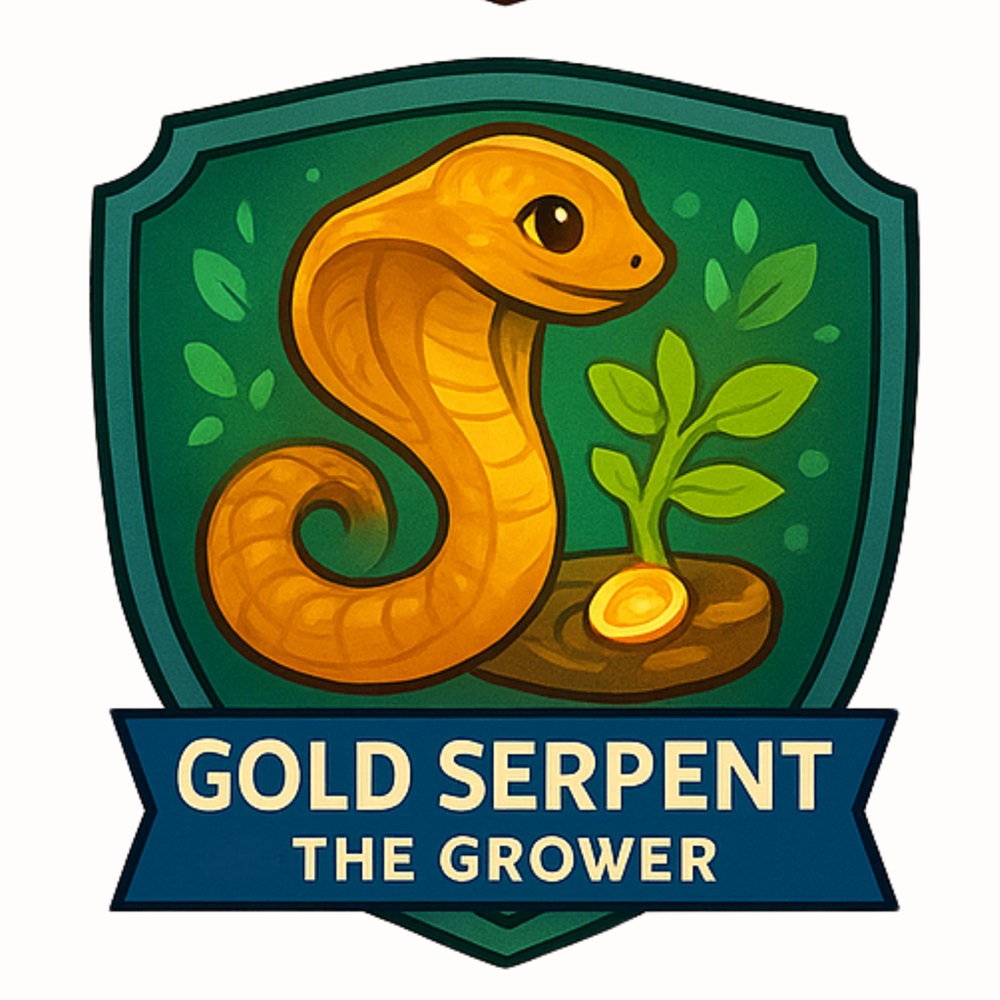
Unlocked After
Completing 3 Module
Gold Serpent – The Grower
This badge is for those who plant their coins and let them grow. It honors patience, risk-thinking, and smart investing.


Unlocked After
Completing 4 Module
White Hart – The Giver
This badge is for those who’ve learned to give freely and wisely. It celebrates learners who see money as a tool for kindness.

Meet the Course Creator
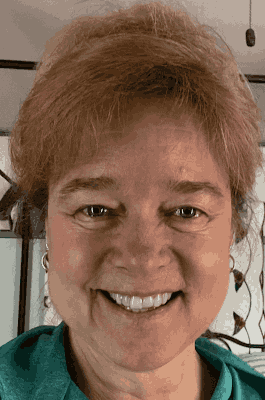
Heather Gossler
A part-time teller job led to an MBA from DeSales University in the United States and a 27-year career in the finance and banking industry. I developed a youth banking program at my bank, believing that it is never too young to learn to make good financial decisions. I took the program into surrounding community schools to teach students basic finance and soon discovered that my true calling was education.
I left the executive offices of banking and began my teaching career, which I’ve been doing for 15 years. I went back to school and earned my M.Ed. in Educational Leadership from Cabrini College.
I’ve taught middle school students U.S. History, English and Language Arts, Science, and Family and Consumer Science, which included a unit on personal finance. My ultimate goal is to help students find their passion for learning what it takes to be the best person they can be.
Sample Lesson Preview 
Financial Literacy II
Other investments - bonds
Bonds, stocks, bank accounts - what's best?
We have talked about bank accounts (savings accounts, Money Market accounts, and CDs) that pay interest and often compound it; stocks (and the stock market), which can pay dividends and may increase in value; and bonds that pay a coupon rate.
Get your Money Journal and at the top write down PROS and CONS, and along the left side write BANK ACCOUNTS, STOCKS, and BONDS. Consider the following as you list pros and cons:
- How do you receive money from the investment, and is that money guaranteed?
- Can you lose the original money you invested (the principal)?
- What is your risk tolerance? In other words, how comfortable are you with the possibility of losing money for the chance of a larger return (high risk tolerance), or would you rather keep your money safer even if the return is smaller (low tolerance)?
